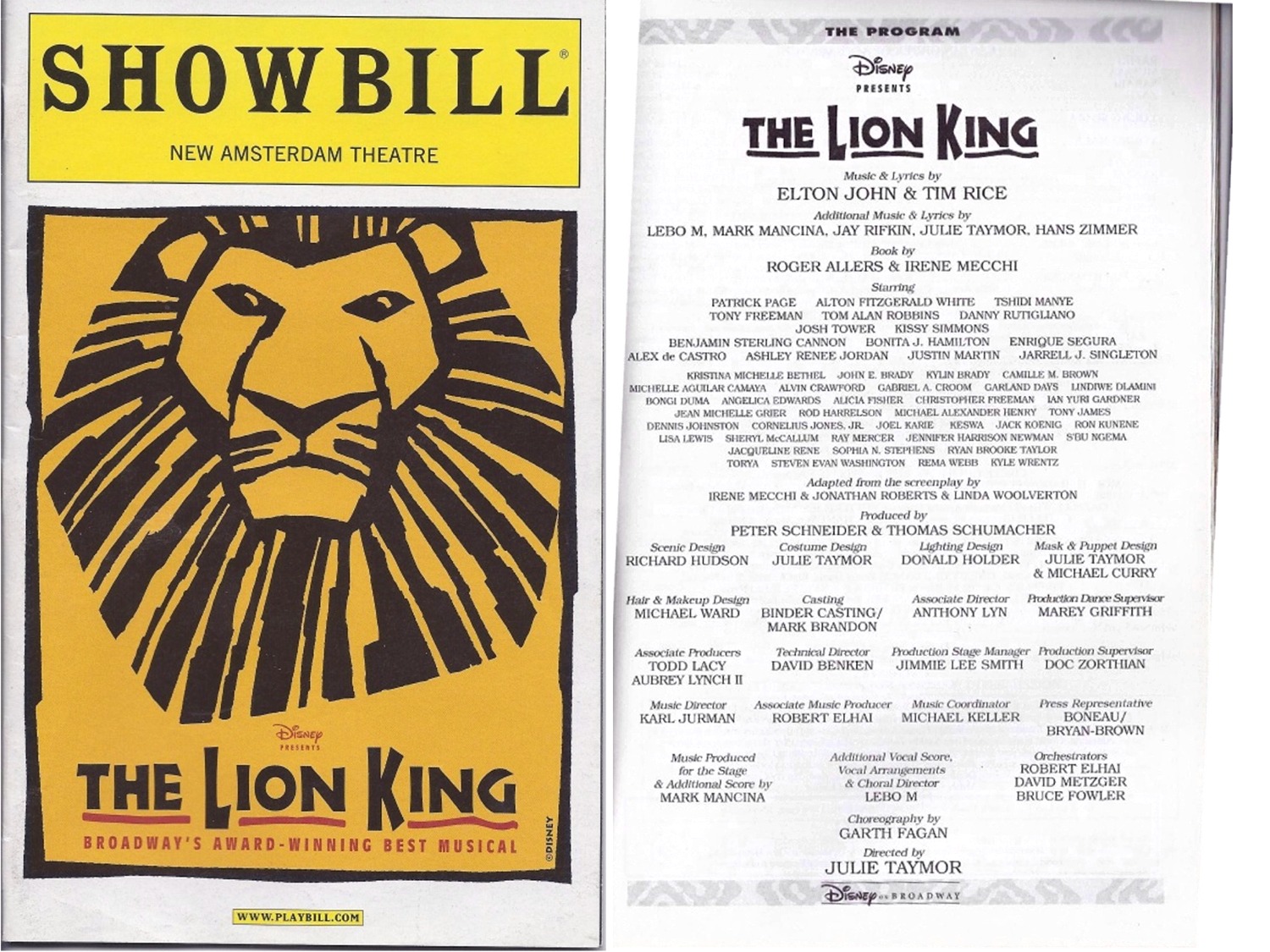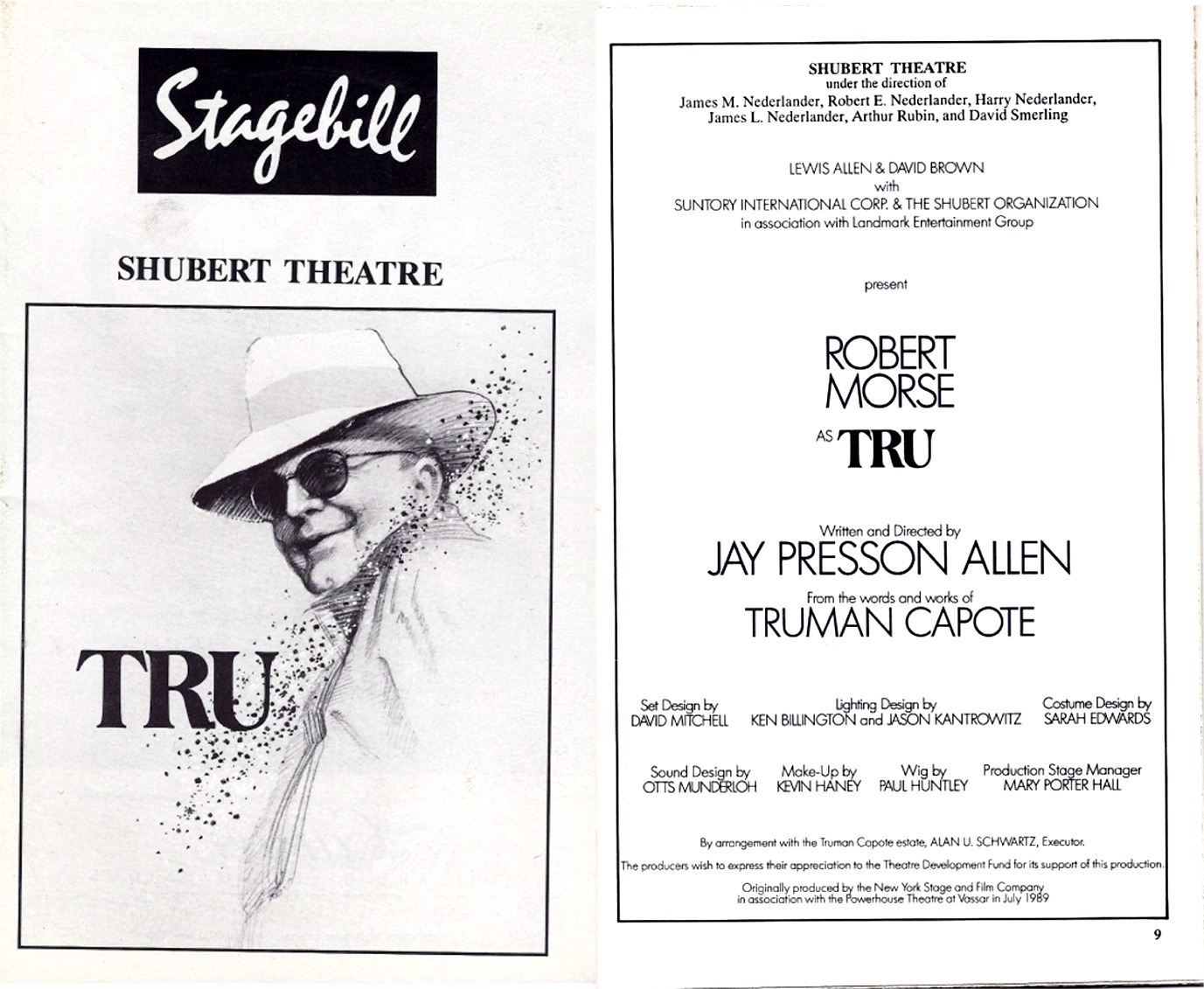MAGICAL MARQUEES
There's
something magical about a theatre marquee.
It's both a welcome mat and a tease of the excitement that awaits
inside. It's a marketing tool as well. A good marquee will not only be visually
pleasing, but also say something about the show you're about to see. Depending on the show or the talent involved,
the marquee may also list the authors, directors, producers, and stars. Some shows themselves are the stars and just
the name alone will bring in an audience.
A couple of examples would be A
Chorus Line or Mary Poppins.
For other shows, the star could be the primary draw. A recent example of star power would be Alan
Rickman in Seminar, though he shares
billing (below title) with playwright Theresa Rebeck, who has her own set of
fans, and director Sam Gold.
And in still other cases both the star and the
property are draws, for example Patti LuPone/Tyne Daly/Angela
Lansbury/Bernadette Peters/Ethel Merman in Gypsy.
Once
a show closes, a marquee serves as a testament of what was once there. It can
foster great memories of a show that had a long and successful run or it can be
a sad reminder, in the case of a critical/artistic/financial failure, of a show
that just couldn't make it, despite its marquee's promises. Some of these shows are good shows that just
failed to find an audience; some of them, sadly, just aren't very good; some of
these shows just opened at the wrong theatre at the wrong time. A case in point of a show that didn't make
it, but with a terrific marquee (in my opinion, at least) is the marquee for Scandalous. Great colors, a terrific star prominently
billed (and, folks, Carolee Carmello is pretty damn amazing), and a bit of
glitz in the title. I'd go see it just
on the basis of the marquee. It's
simple, yet eye-catching and promises that good things will be going on inside
the Neil Simon. It was on my list of
shows to see. The critics, while
praising Carmello's performance, pretty much hated the show and it closed
quickly and before I was able to see it.
In
a marquee's eyes, however, every show has the potential to provide magic for
its audiences. And that's why I think
marquees are magical.
Today's
selections are all marquee worthy. Let's
begin.
May,
2006. For me the star of the show was
the glorious New Amsterdam Theatre, lovingly restored to its former grandeur
and beauty. For that alone, lovers of
theatre buildings (count me as one) should be eternally grateful to the Disney
Corporation. And I am. Thank you, Disney!
As for the show itself, well, I'm rather neutral towards it. I enjoyed
it, but liked the movie more. The opening number is every bit as dazzling as
everyone says and the Elton John/Tim Rice score is solid and tuneful, but,
frankly, I got tired of Julie Taymor's puppets, headdresses, and
direction. Patrick Page was the cast
standout as Scar in a deliciously evil portrayal. At the matinee we attended both Simba and
Nala were played by understudies and it was the first time, and to date only time, I felt understudies
just weren't up to the task at hand.
They weren't awful; they just weren't terribly good. Glad I saw it. Don't need to see it ever again. - at the New Amsterdam Theatre, New York
March, 1968 (the date on the program title page is
incorrect). The McVickers was located on Madison Street, between Dearborn and
State, and right behind the Shubert. For many years, this attractive
one-balcony house suffered the indignities of being a B-movie grind house, but
in 1966, it was reclaimed for legit. Sadly, it closed in the early 70s and was
torn down to make way for…a parking lot. The site is now occupied by an office
building.
Better than a parking lot, I guess, but still… Keith Andes was the star and
Natalie Costa was the matinee Aldonza. Andes had a long list of theatrical and
television credits. Costa was one of those always-working actors who no one had
heard of. I actually wrote notes in my program…let me see if I can decipher
them some 40+ years later. Here goes…
- "Play interesting, but not deserving of the rave notices. Staging, costumes & sets most unique. "
<Note: the original set was one of those "wow!" creations.>
- "Music interesting, but "Dream" and "Dulcinea" only two I liked. Enunciation was lacking."
<Note: even back as a 17-year-old, I had a thing about poor enunciation. Makes me nuts. Absolutely no excuse for it. Something performers and singers today need to remember. ENUNCIATE!!>
- "Andes good, Costa was great."
<Note: "great" underlined three times…must have really liked her!>
- "The entire cast had excellent voices, but diction was often poor. That ending is probably the best dramatic scene in musical theatre, esp. the reprise of "Quest.""
- "Play interesting, but not deserving of the rave notices. Staging, costumes & sets most unique. "
<Note: the original set was one of those "wow!" creations.>
- "Music interesting, but "Dream" and "Dulcinea" only two I liked. Enunciation was lacking."
<Note: even back as a 17-year-old, I had a thing about poor enunciation. Makes me nuts. Absolutely no excuse for it. Something performers and singers today need to remember. ENUNCIATE!!>
- "Andes good, Costa was great."
<Note: "great" underlined three times…must have really liked her!>
- "The entire cast had excellent voices, but diction was often poor. That ending is probably the best dramatic scene in musical theatre, esp. the reprise of "Quest.""
<Note: Many, many
years have passed since that declaration of "the best dramatic scene in
musical theatre…" and I now have a new favorite…well, favorites, actually,
but the ending to this show still is pretty damn wonderful.>
Okay, now keep in mind, I was only 17 and didn't have that many shows under my belt, but you have to admit, I already had my opinions. My friends and I, with parental consent, skipped school one day to see a Wednesday matinee…and we got caught! Planned disciplinary action got sidetracked when all of our parents vouched for our absence. Go, Mom and Dad!! — at the McVickers Theatre, Chicago
Okay, now keep in mind, I was only 17 and didn't have that many shows under my belt, but you have to admit, I already had my opinions. My friends and I, with parental consent, skipped school one day to see a Wednesday matinee…and we got caught! Planned disciplinary action got sidetracked when all of our parents vouched for our absence. Go, Mom and Dad!! — at the McVickers Theatre, Chicago
Some snaps from my photo albums....
West 45th at curtain time, March 1981. At the Plymouth: Piaf; at the Royale: A Day in Hollywood/A Night in the Ukraine; at the Golden: Tintypes.
Sarava! at the Broadway, when the Broadway had a nice large marquee. Poor Mitch Leigh. Yet another unsuccessful Broadway endeavor. The show opened at the Mark Hellinger, then moved to the Broadway. Not sure why since it received poor reviews and had a run of only a few months. Check out YouTube. Sarava! had a fun TV commercial and you can see it there. I did not see this show. Damn.
MTM in Whose Life Is It Anyway? at the Royale. Great show. Great performance. (See an earlier post)
January, 2002. This show in its
Chicago tryout was definitely a mixed bag. When it worked, it worked extremely
well, but there were parts, especially in the Marvin Hamlisch/Craig Carnelia score,
where it seemed like there were two separate shows onstage at the Shubert.
Having a penchant for dark shows, I quite enjoyed this bleak, unforgiving, and,
frankly, creepy show. Featuring a terrific, well-deserved Tony Award-winning
performance by John Lithgow, this show also featured standout performances by
Brian d'Arcy James (he was robbed of a Tony Award for his job in this), the
sensational Kelli O'Hara in one of her first major roles, and Jack Noseworthy.
The reviews weren't kind either in Chicago or in New York and it closed after
only three months in New York. That's a shame, really, because the show had a
lot going for it. Get the CD of the
score. Lots of good stuff. - at the
Shubert Theatre, Chicago
May, 2012. We went to this with a bit of apprehension.
We'd heard very mixed things about the production in general and the leading
lady in particular. We were relieved, therefore, to find our fears were
unfounded. No, it wasn't the Hal Prince original, but it was a solid theatrical
piece. Apples and oranges. Michael Cerveris was his usual superb self. I thought
Ricky Martin would be, well, acceptable, so I was very pleasantly surprised at
how good he actually was. No surprise on
the singing voice, which is terrific.
What surprised me was his decent acting chops and his willingness to
just melt into the ensemble when required to.
He's got stage presence to spare and, as evidenced in a dance number,
one fine-looking ass. Go, Ricky! And no apologies need be made for Elena Rogers
ultimately affecting performance. She
wasn't as fiery and combustible as Patti LuPone's 1979 original, but her
quieter Eva made her even more dangerous, more ambitious, more needy of the
attention. Everyone seems to forget that
there are two additional principals in this show and in this revival both were
more than worthy of mention. Rachel
Potter as the Mistress sang one the show's best songs and there was something
quite poignant about her performance. Max von Essen as Magaldi was
appropriately handsome and in wonderful voice as the popular singer who "discovers"
Eva Duarte and brings her to Buenos Aires. Two negatives. Fine as this
production was, there was no "wow" factor and Eva's dress for the
Rainbow tour was a bit of a schmata. Quibbles, but we both enjoyed the show
immensely. - at the Marquis Theatre, New
York
March, 2012. It's a story about a girl. No, truly, at its
heart that's what it is. A major reworking of the legendary Broadway flop, this
smaller, more intimate version did many things right and we enjoyed it quite a
lot. Tuneful score, good production values, and fine performances, especially
by Molly Ranson and the always wonderful Marin Mazzie. I was very pleasantly
surprised. It's not a Broadway-caliber show, perhaps, but we liked it
better than the critics. I'm not sure what they were expecting. For the record, the audience seemed to like
the show as much as we did. Lots of
cheers at bows. - at the Lucille Lortel
Theatre, New York
May, 2012. Not sure why the critics
dismissed this. The play itself is no great shakes, but as a sex farce, it does
the job with lots of laughs. There was lots to like in this production: a
stylish physical production and a smart cast featuring a wonderfully droll performance
by Spencer Kayden as the cook, a suitably frazzled performance by Ben Daniels
as the confused friend and a deliciously daft performance by the inimitable
Jennifer Tilly (!!) as the sexy mistress. We laughed ourselves silly. Such a shame the theatre was so
under-populated (maybe 2/3 full).
Despite critical carping, the audience seemed to like the show as much
as we did. (Sidebar: I've met Ben.
He and his partner are friends of great friends of mine and I was
visiting Rob and Pete (my friends) and Ben and Ian had invited them to dinner
and all involved took pity on me and invited me as well. Ben had just been cast in the film Passion in the Desert (yes, this was a
long time ago). Had a great time. Great company, great meal, great wine.) ..- at the American Airlines Theatre, New York
Until next time....take some time to see live theatre!
Ta!












































